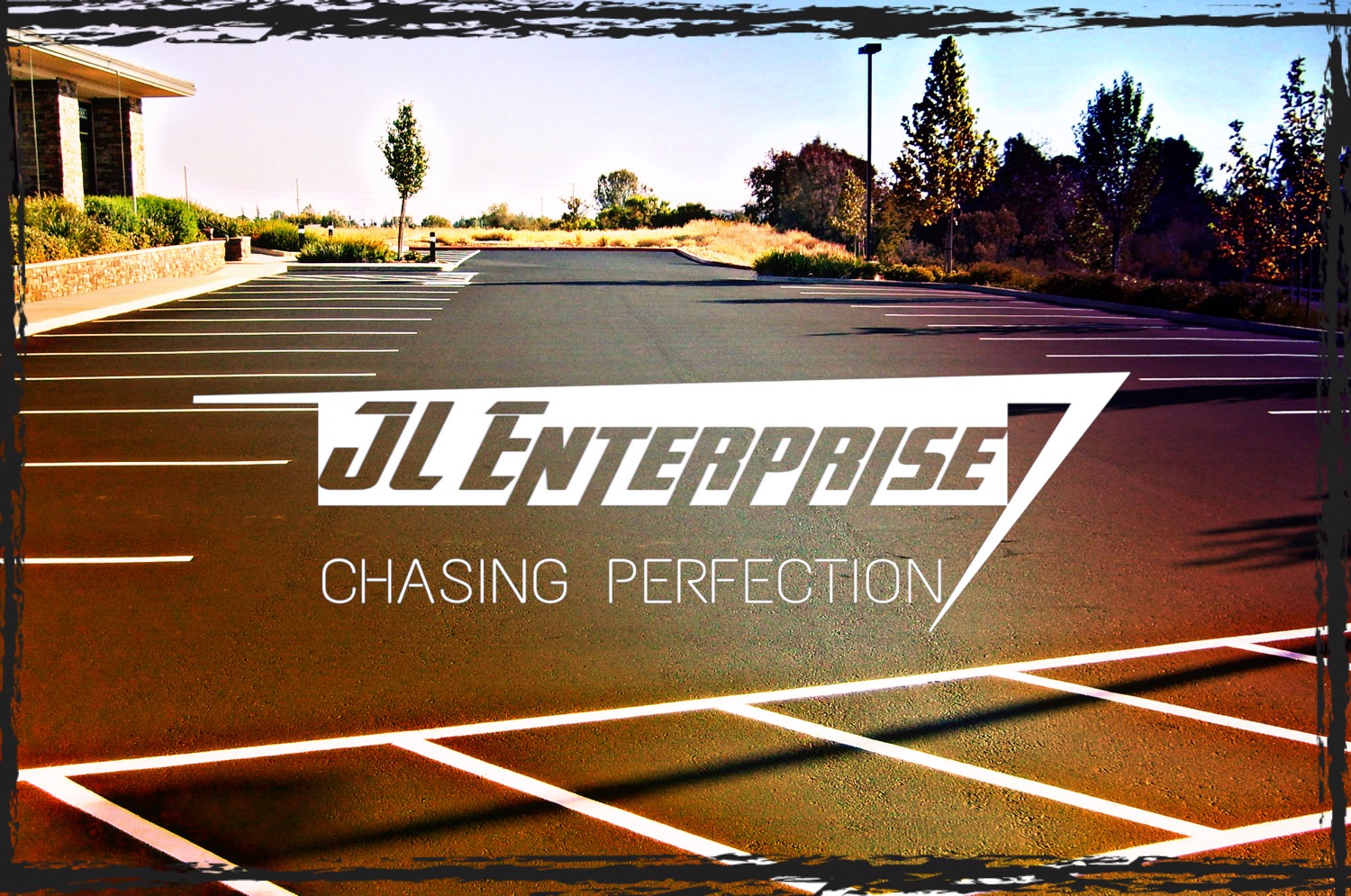What is the Best Time of Year to Pave Asphalt?
- Jesse Luna

- Jan 21, 2025
- 4 min read
One of the most common questions we receive at JL Enterprise is: What is the best time of year to pave asphalt in Denver? The answer can depend on several factors, but the timing of your asphalt paving project plays a crucial role in ensuring that the asphalt is installed correctly and lasts for years to come. In this blog post, we’ll discuss the best times to schedule asphalt paving services in Denver and why it's important to choose the right season for your project.

Why Timing Matters for Asphalt Paving in Denver
The ideal time for asphalt paving in Denver is during the warmer months, typically between late spring and early fall. Understanding why certain weather conditions are more favorable for asphalt installation is key to avoiding problems down the road.
1. Ideal Temperature for Asphalt

Installation in Denver
Asphalt needs to be installed when the temperature is consistently above 50°F (10°C). This is especially true for asphalt paving in Denver, where the climate can fluctuate greatly throughout the year. When temperatures are too low, such as during the winter months, the asphalt doesn’t compact or set properly, which can lead to cracks, potholes, and an overall shorter lifespan for your asphalt surface.
In Denver, this typically means scheduling your asphalt paving services between April and October. During these months, the weather is warmer and more predictable, making it easier for contractors to apply asphalt and ensure it cures properly.
2. Faster Curing Time with Warm Weather
When it comes to asphalt paving in Denver, warmer weather allows for faster curing times. This means your new asphalt surface—whether it’s a driveway, parking lot, or road—will be ready for use more quickly. In colder weather, the curing process slows down significantly, which could delay your project and cause more issues in the future. If you’re planning a major asphalt paving project in Denver, warmer weather is your best bet for optimal results.
3. Avoiding Winter Weather Damage
The harsh winter conditions in Denver—snow, ice, and freezing temperatures—can cause significant damage to newly paved asphalt. When the weather is cold, moisture can seep into the cracks and joints in your asphalt, leading to expansion and contraction. This process speeds up damage, causing cracks to widen and potholes to form. To prevent this kind of damage, it's best to plan your asphalt paving services in Denver when the weather is dry and warm.
Can You Pave Asphalt in Winter in Denver?
While asphalt paving in Denver is generally best left to the warmer months, there are times when repairs or emergency patching may be needed during the colder season. However, asphalt repair in Denver during winter comes with its challenges. Freezing temperatures make it difficult for asphalt to set properly, and the cold weather can lead to poor adhesion.
If you need asphalt repair in Denver during the winter, the job may still be possible, but it’s important to understand that the repairs might not last as long as those completed in the warmer months. It’s always a good idea to consult with an experienced contractor, like JL Enterprise, to assess your needs and determine the best approach for wintertime asphalt repair in Denver.
When Should You Schedule Asphalt Paving in Denver?
As we mentioned, the best time to schedule asphalt paving in Denver is during the warmer months. Here’s a quick guide to help you plan:
Late Spring (May - June): Ideal for starting your asphalt paving project. The weather is warm enough for proper installation, and you can avoid the summer rush.
Summer (July - August): The perfect time for both residential and commercial asphalt paving in Denver. Asphalt cures quickly, and you’ll avoid any weather-related disruptions.
Early Fall (September - October): Still warm enough to lay down asphalt, and many contractors are looking to complete projects before winter. It’s also a great time to take advantage of promotions or deals.

Additional Tips for Scheduling Your Asphalt Paving Project in Denver
Consider Your Surface’s Needs: Whether you’re paving a residential driveway or a commercial parking lot, it’s important to understand the specific needs of your project. Larger projects may require additional time for preparation and curing, so plan accordingly.
Factor in Weather Trends: While the warmer months are ideal, Denver’s weather can sometimes be unpredictable. Always check the forecast and be prepared for unexpected weather changes that could affect your paving timeline.
Choose a Reputable Contractor: When you’re scheduling asphalt paving services in Denver, choose a trusted, experienced paving contractor like JL Enterprise. A reputable contractor will provide the right advice on timing and ensure that your project is completed correctly and efficiently.
Conclusion
For the best results, it’s crucial to schedule your asphalt paving in Denver during the warmer months—ideally from late spring to early fall. This will ensure the asphalt cures properly, giving you a durable, smooth surface that can withstand Denver’s weather for years to come. While winter repairs are possible, they should be avoided for large-scale paving projects.
At JL Enterprise, we specialize in residential and commercial asphalt paving services in Denver. Our team has years of experience and can help you determine the best time to schedule your asphalt paving project. Whether you need asphalt installation, asphalt repair, or a parking lot paving solution, we’re here to deliver professional results.
Ready to get started? Contact JL Enterprise today for all your Denver asphalt paving needs!



Comments